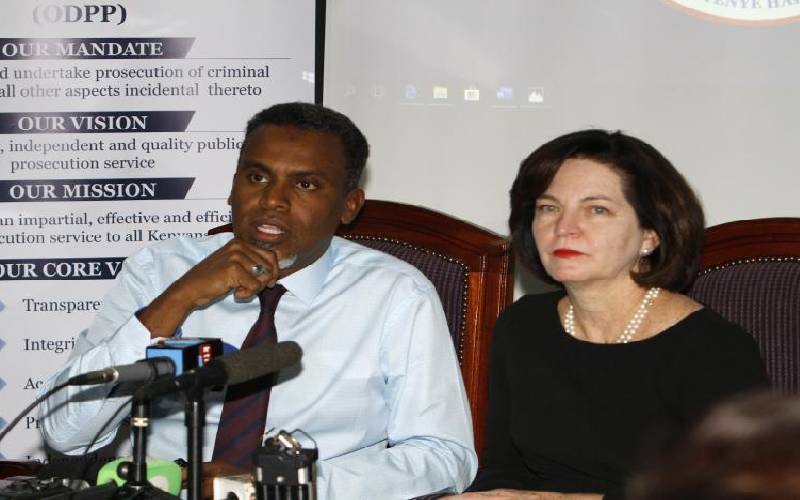×
The Standard e-Paper
Join Thousands Daily

We all seem to agree that fighting corruption is a good thing. The manner of executing the noble desire is what significantly varies, is contested and often resisted. Why?
The main approach is too legalistic. From establishing the sources of allegations, investigating the allegations, producing solid evidence and defending the evidence in a court of law is a long process that needs time and resources.







